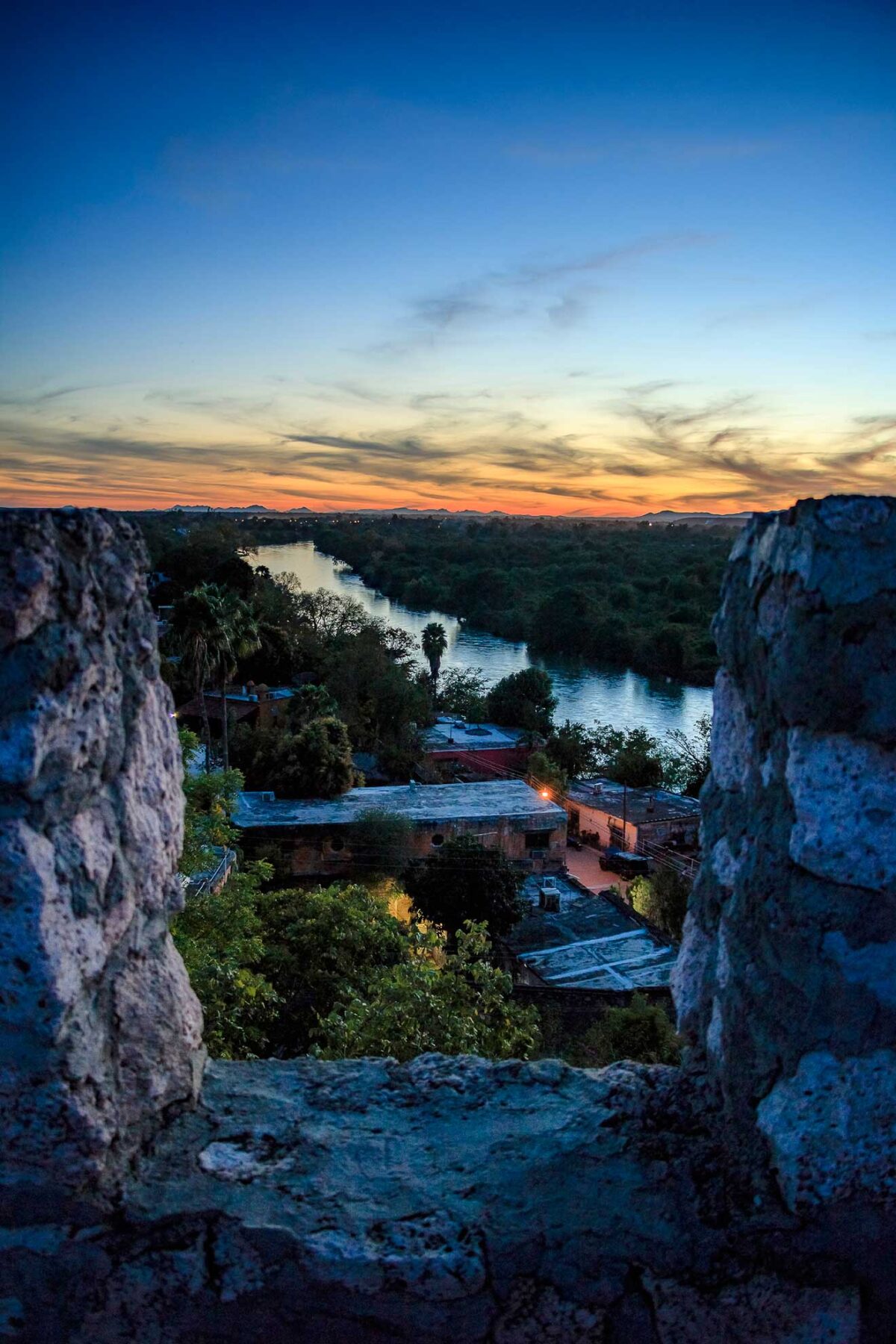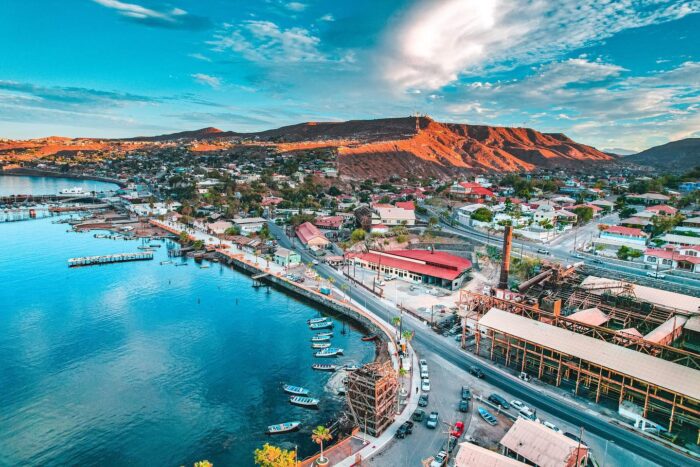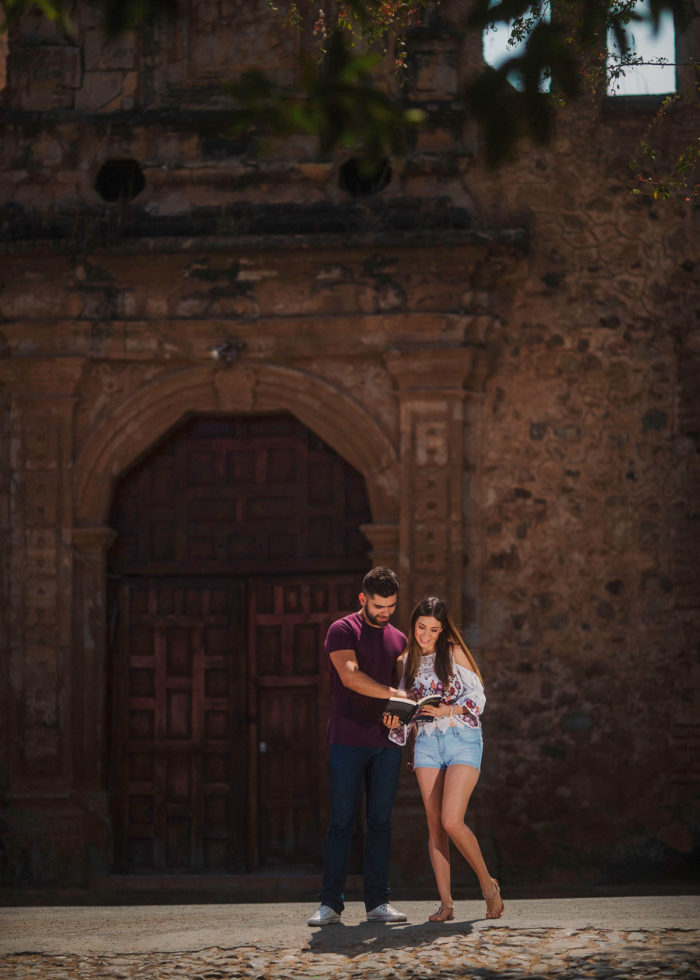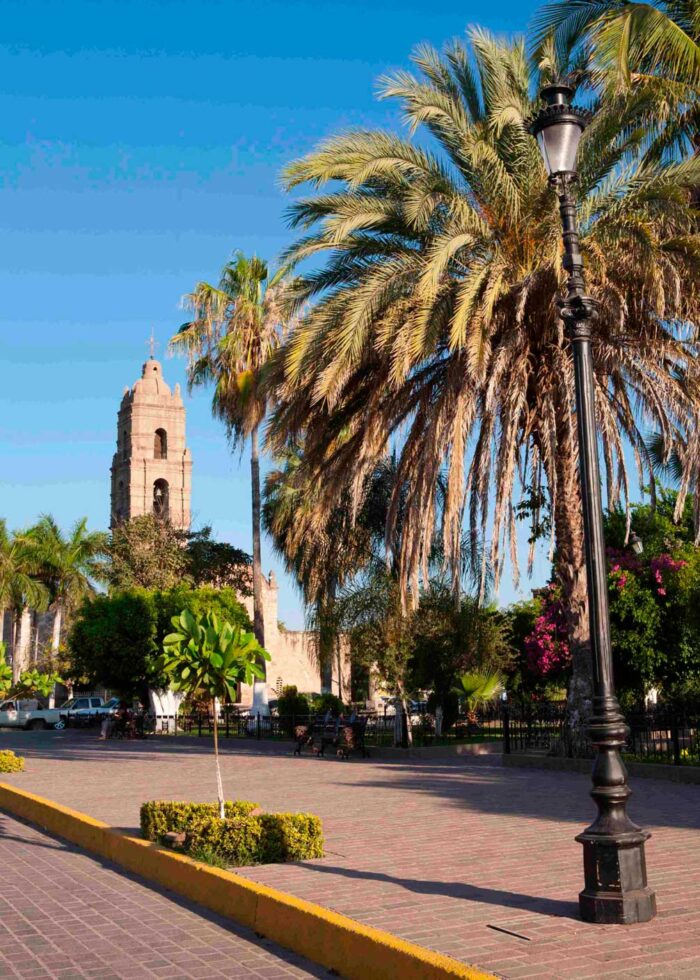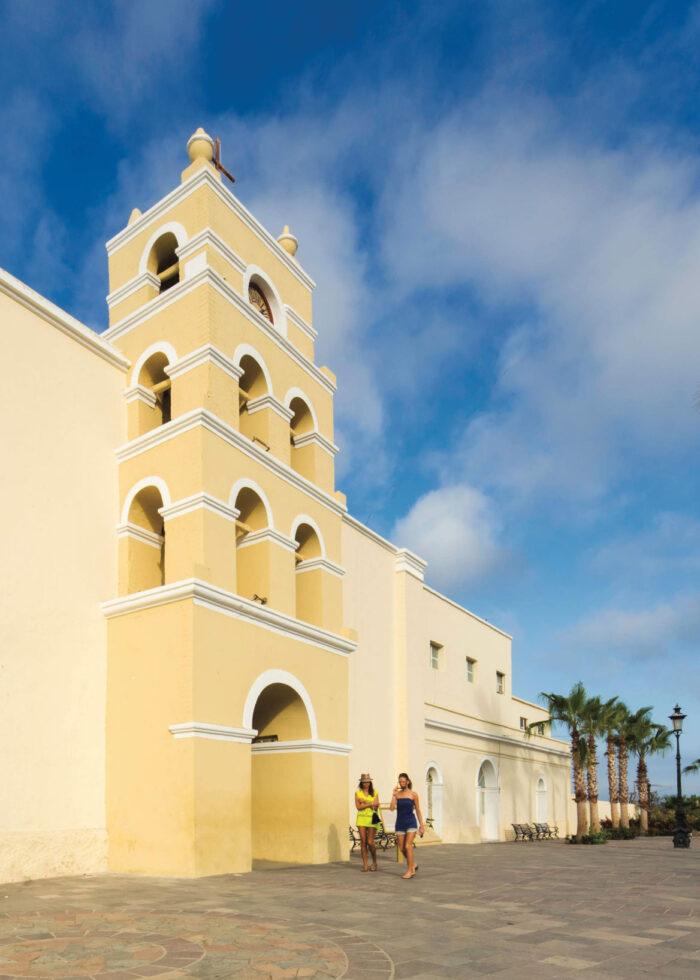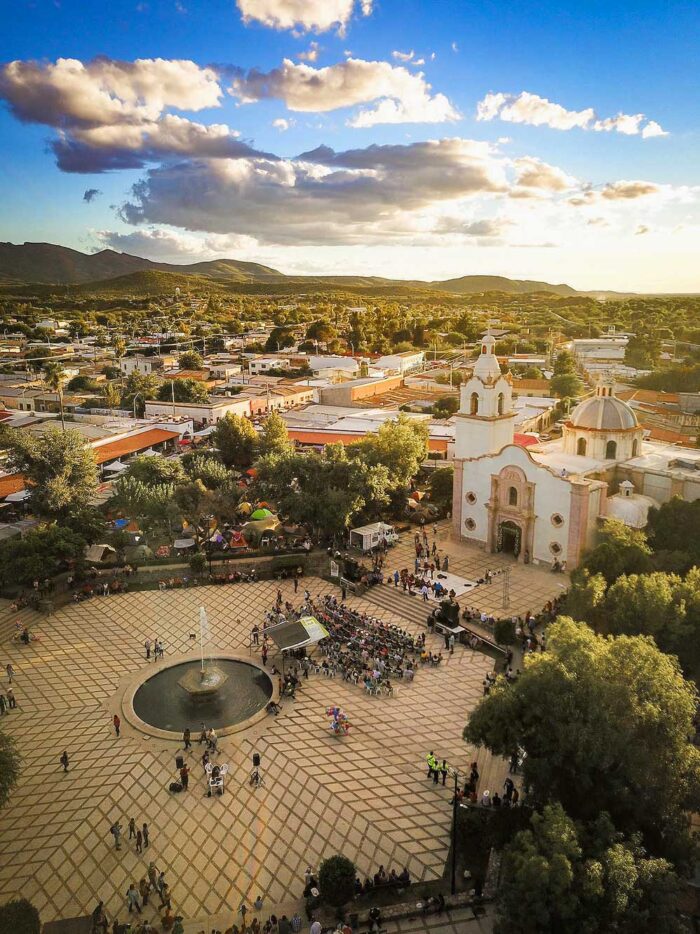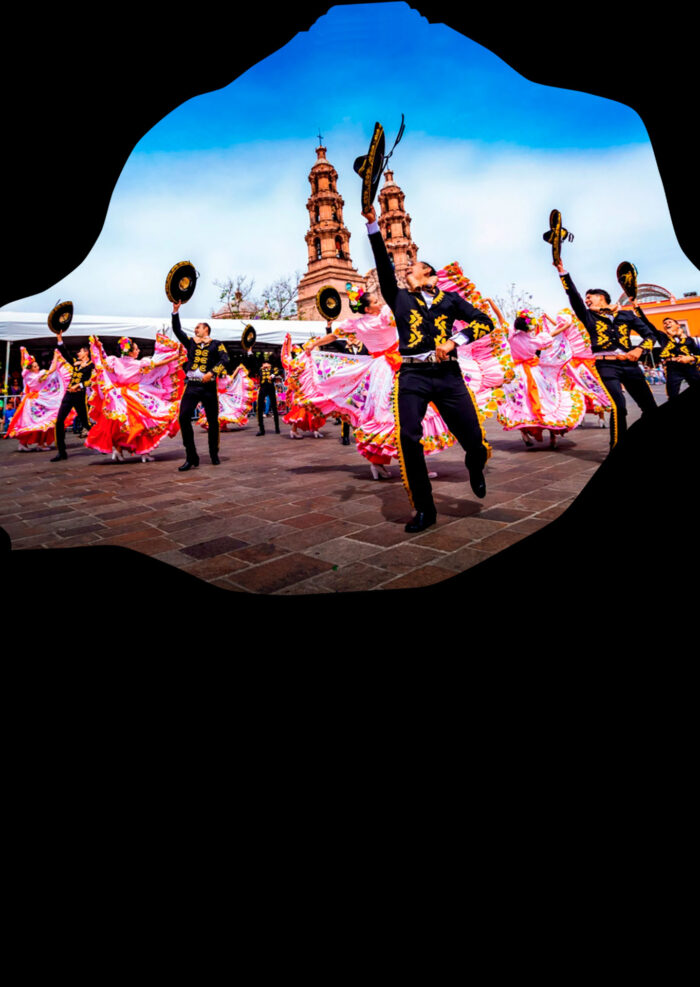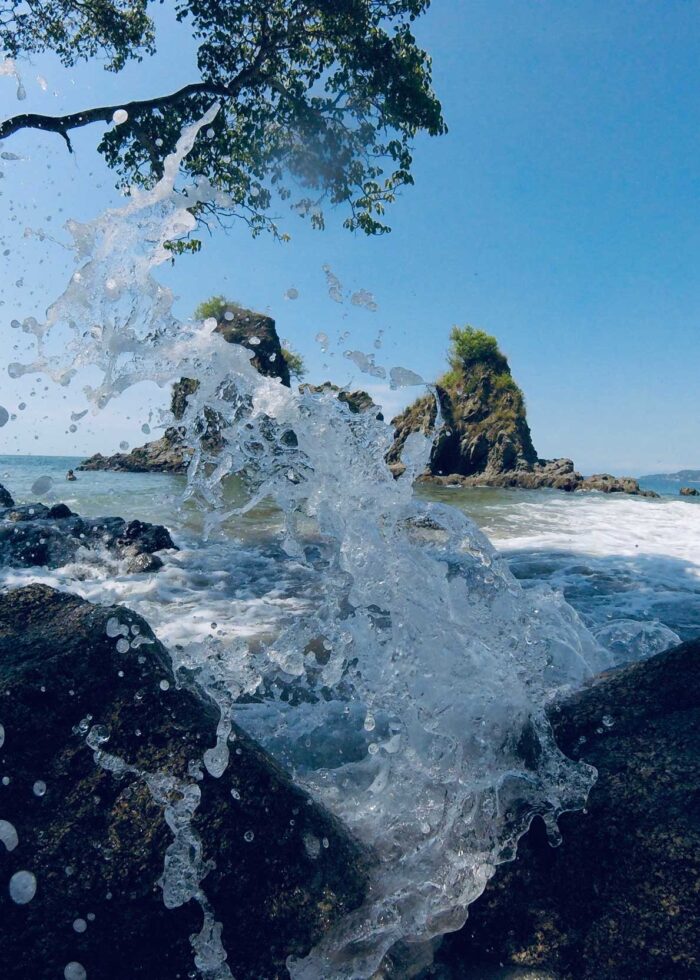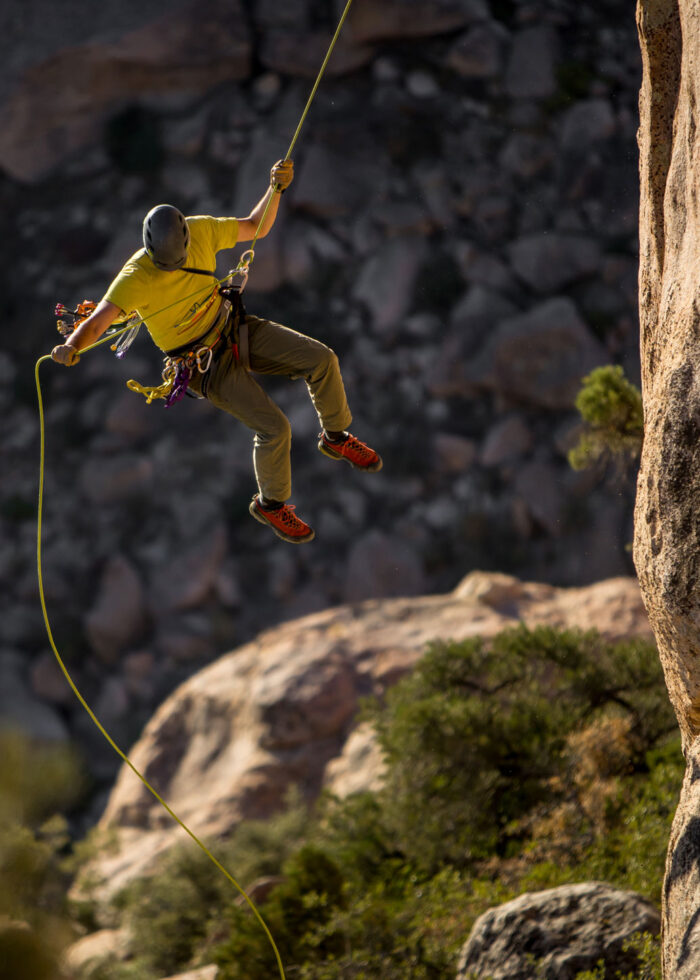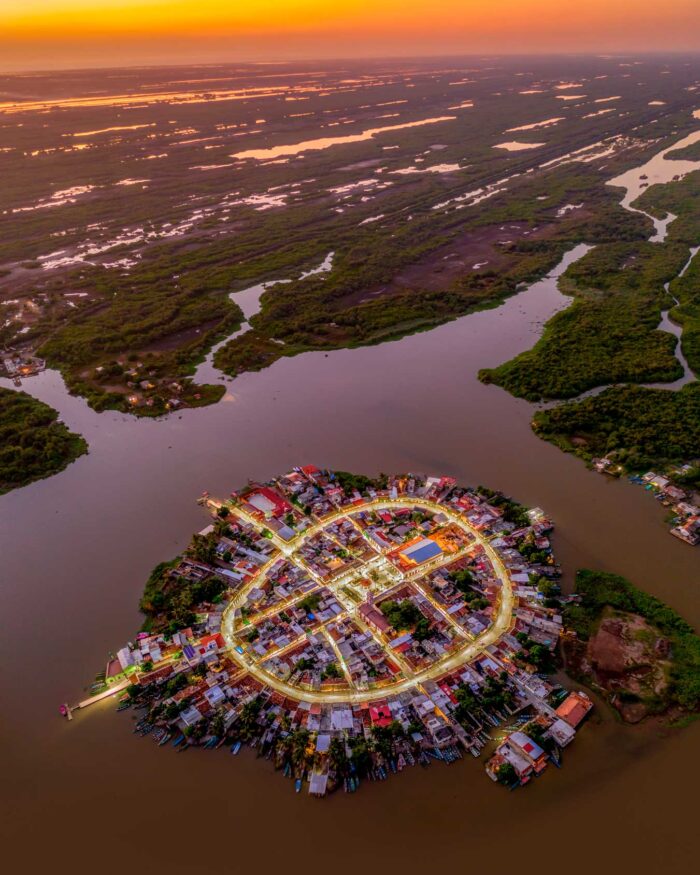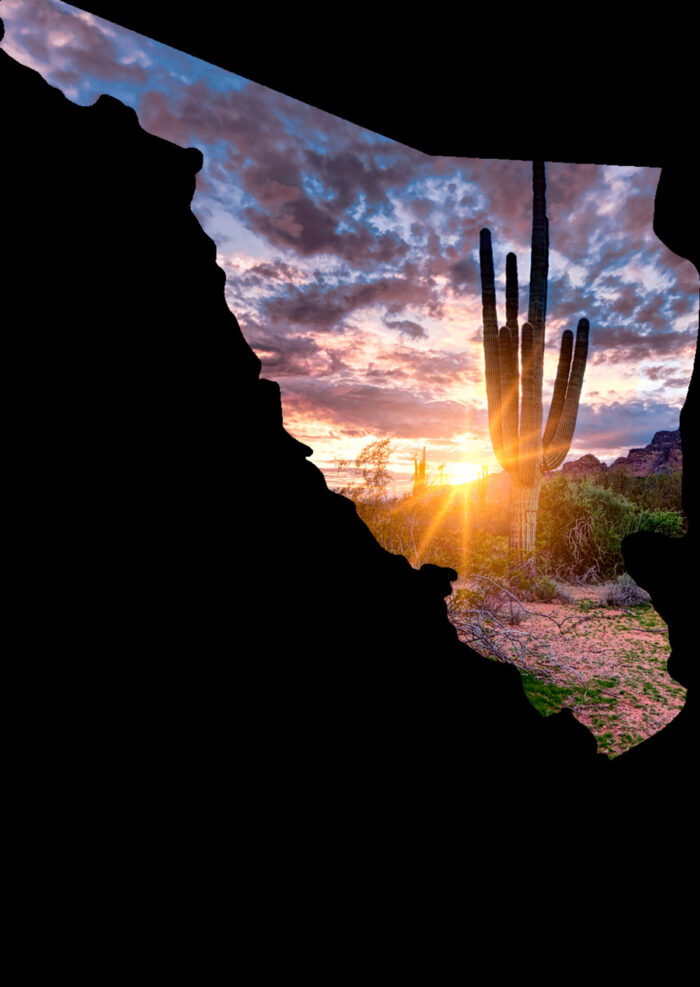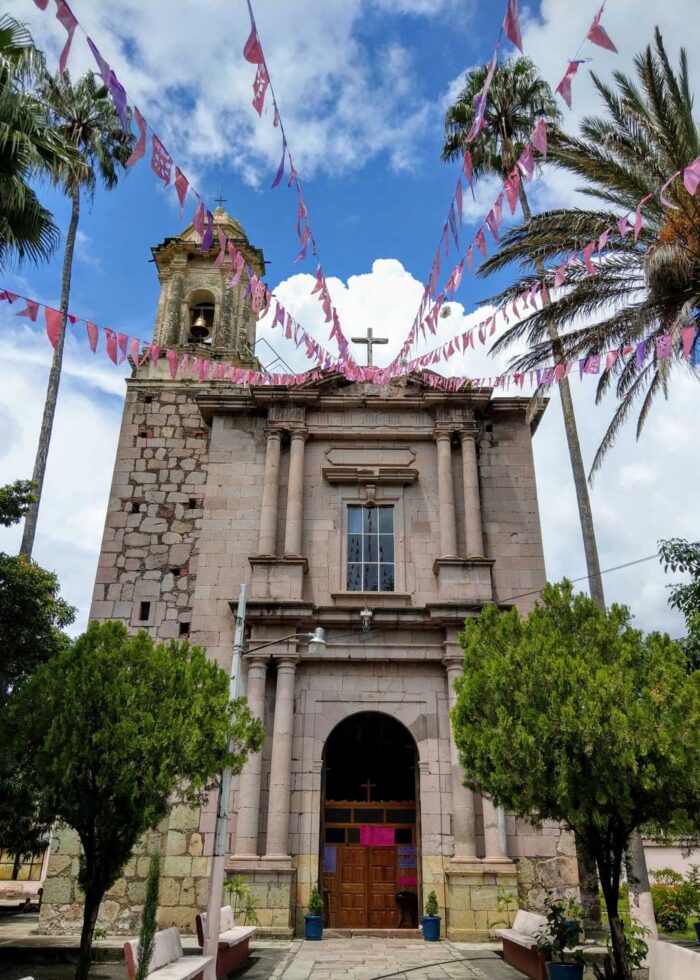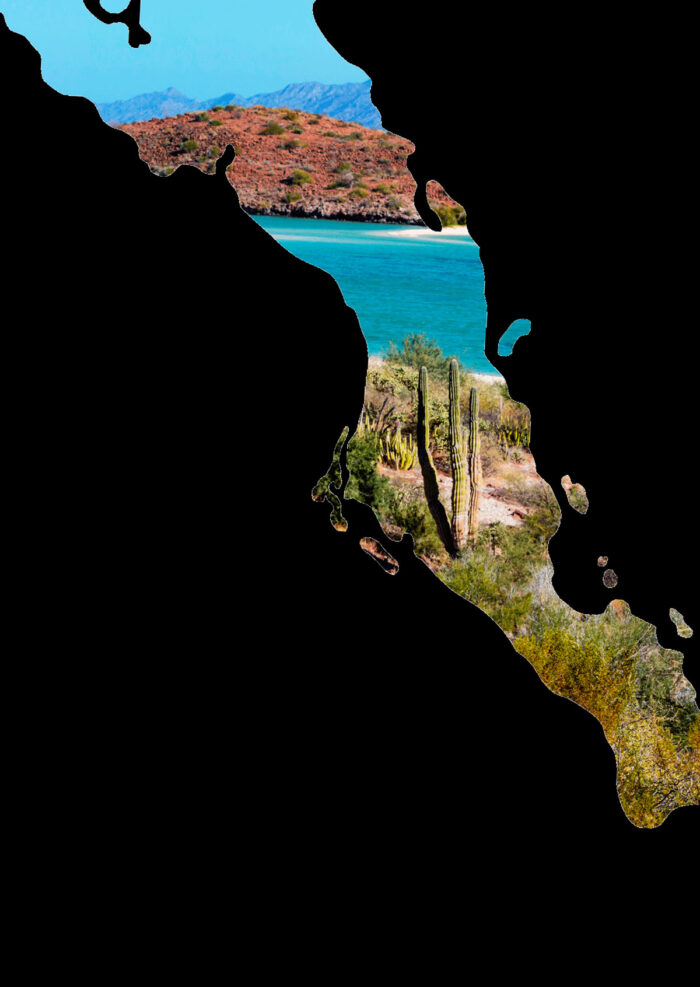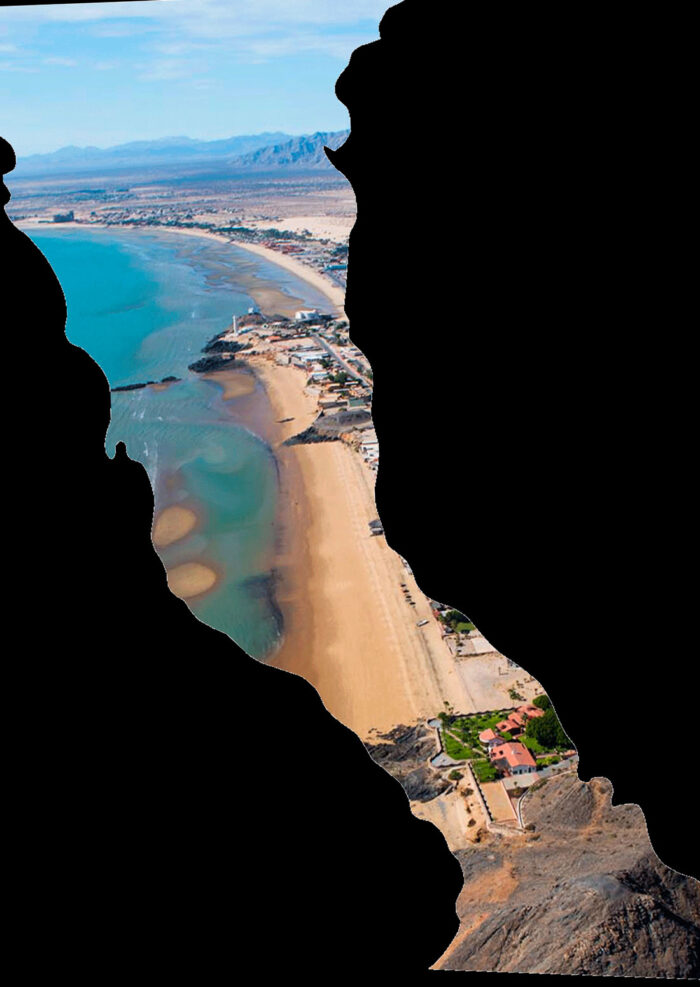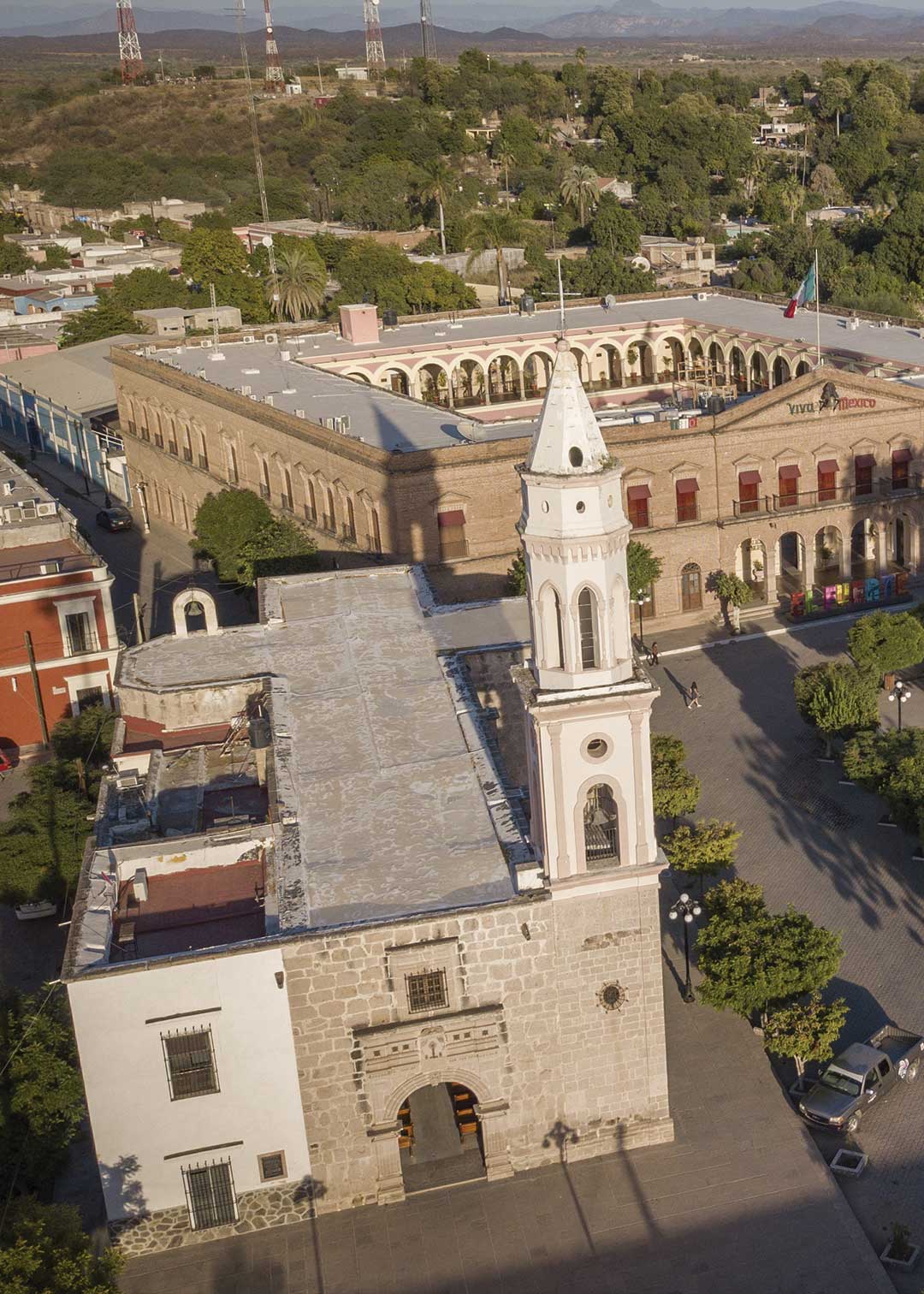
El Fuerte English


Continua en la historia
 Desliza a la izquierda para continuar
Desliza a la izquierda para continuar
◈ The setting seems to be straight out of the pages of a fantastical story. You will be enchanted by its history that tells of the bravery of former townspeople and famous legends such as Zorro, which are told along its cobbled streets.
▁▁▁▁▁▁
But pride of place is given to the Yoreme, who have preserved their traditions into present day and share them gladly.
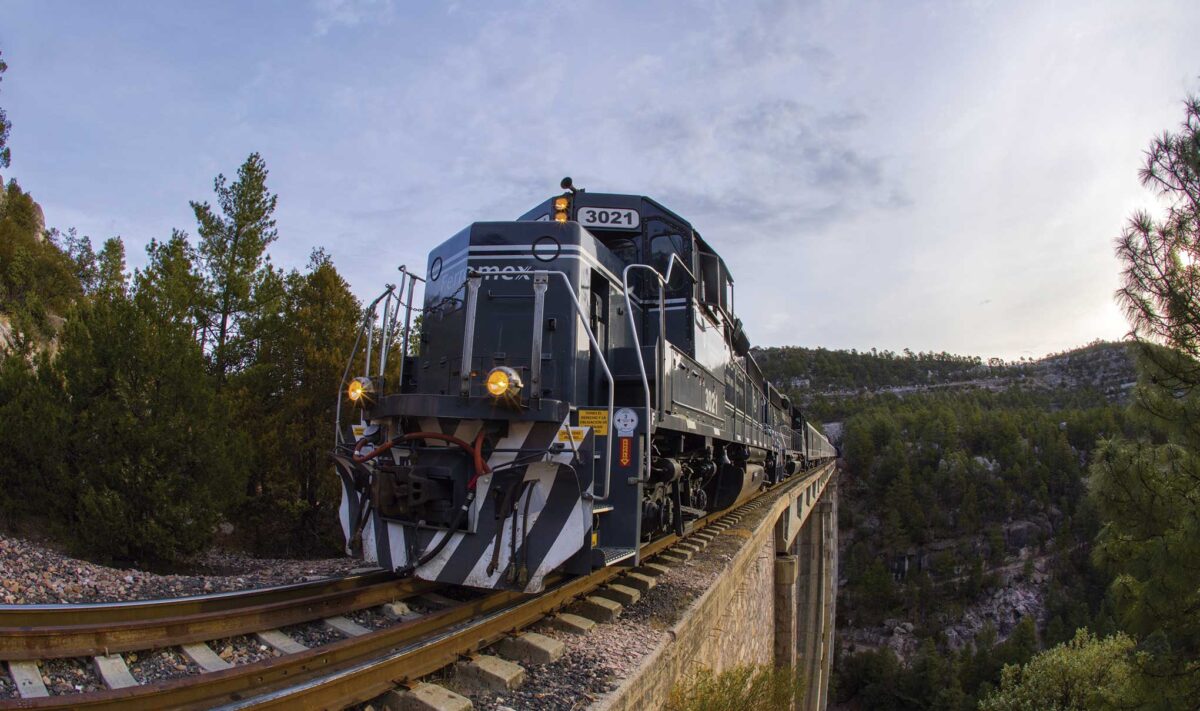
.
.
◆ Take the Chepe train to Los Mochis, or ride it the other way to Chihuahua.
◆ Sleep in a more than 250-year-old mansion dating from colonial times, such as Hotel El Fuerte or Posada del Hidalgo.
◆ Take pictures of the river with the same name as the town from on top of Museo El Fuerte.
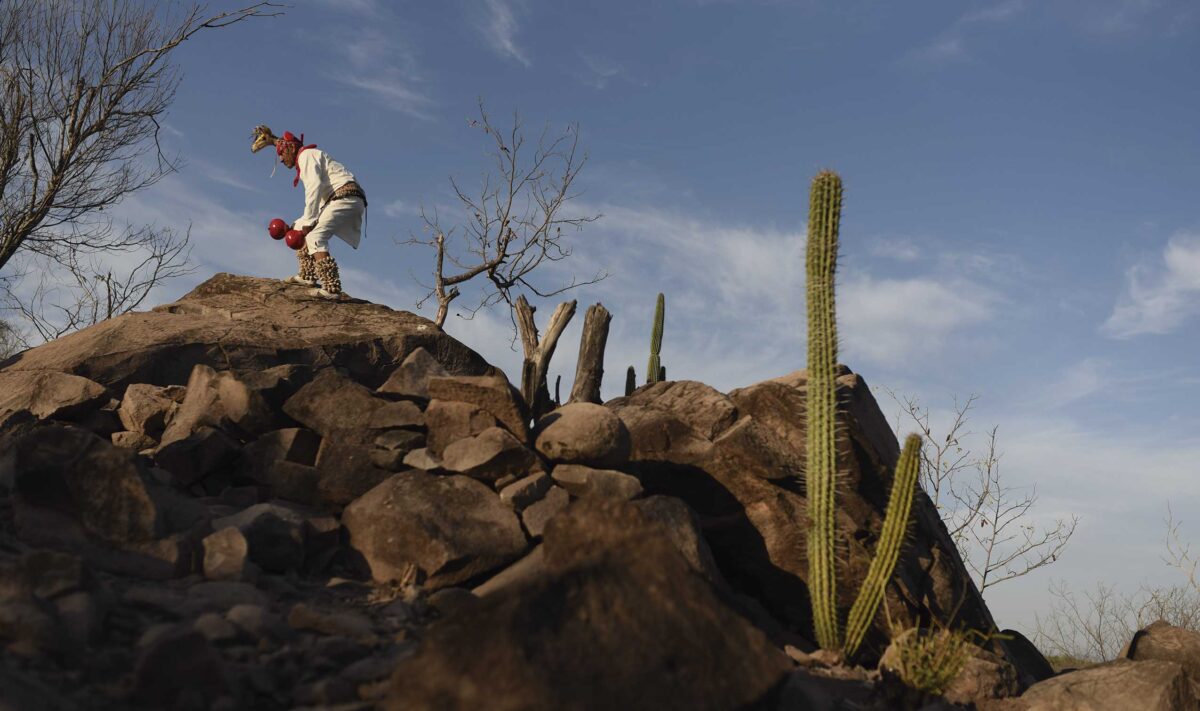
San Juan Carapoa Festival, this traditional celebration is held every June and is organized by El Fuerte’s Yoreme community.
Festivities include singing, dancing, praying, and a procession along the banks of El Fuerte river to “bathe” the patron saint.

❖ El Chepe Train
One of the biggest advantages of the Magical Town of El Fuerte is that it has Hoyancos train station where El Chepe train stops. If you would like, you can hop on and continue your journey towards Los Mochis or head the other way to Chihuahua.
Check schedules and fares on its website.
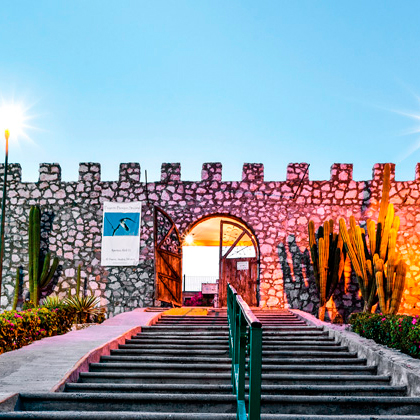
❖ Museo El Fuerte
This is a replica of the fort built by the Spanish to protect themselves from attacks by indigenous people.
This fort is a reproduction of one the Spanish built for protection from attacks by indigenous people during the 17th century. Inside, there are objects created by Yoreme people, many photographs showing how life was at the time, antiques, canons, and a hearse.
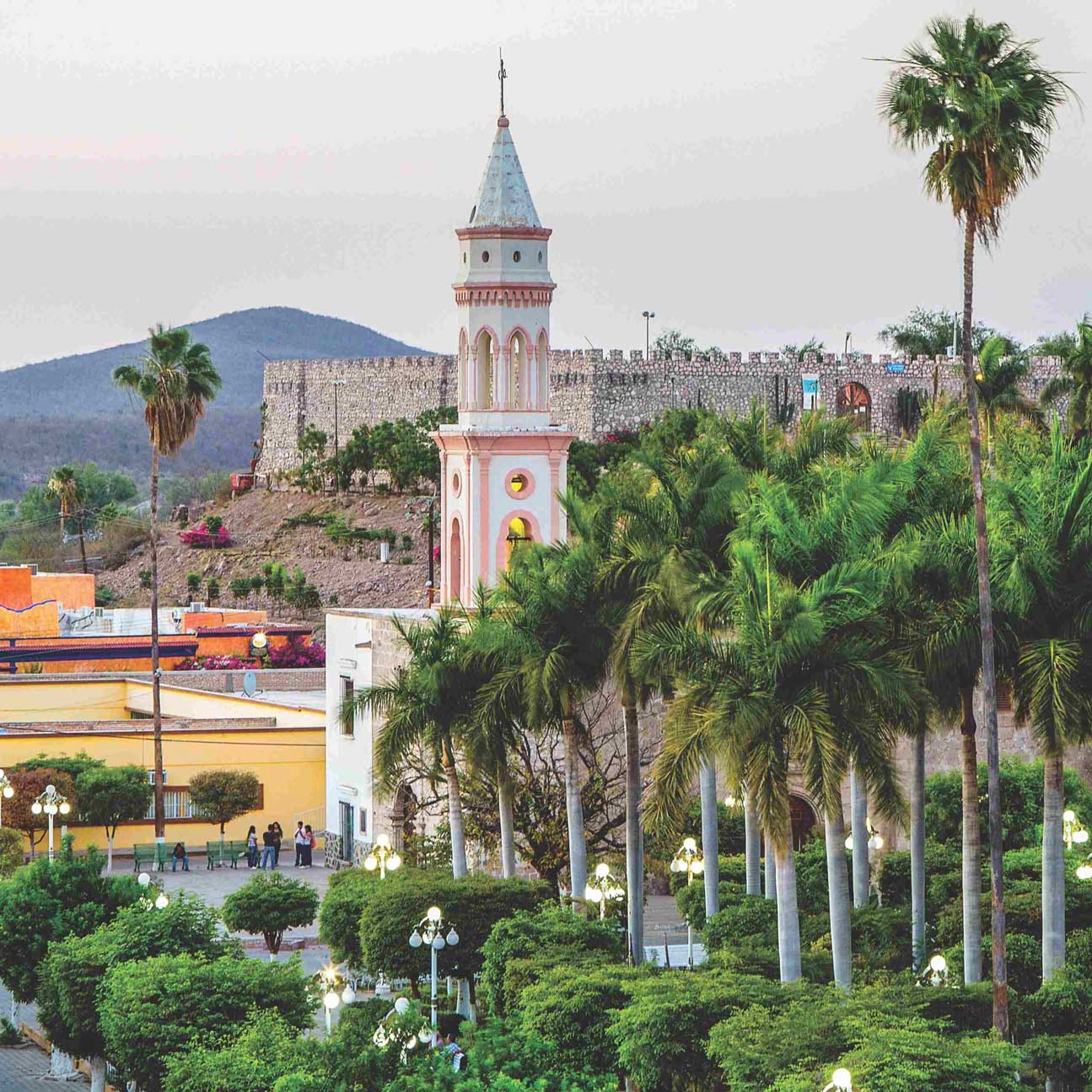
❖ Plaza de Armas y
Templo del Sagrado
Corazón de Jesús
The heart of this town holds two emblematic treasures where you can observe the rhythms of daily life.
Plaza de Armas boasts a lovely, wrought iron gazebo that is over a century old. Spend a little while in this square and glimpse the daily to and fro of the locals. On one side is Templo del Sagrado Corazón de Jesús, also called San Juan de Carapoa. This church was a Jesuit mission in the 18th century and features a beautiful pink limestone front and an imposing spire-topped bell tower.
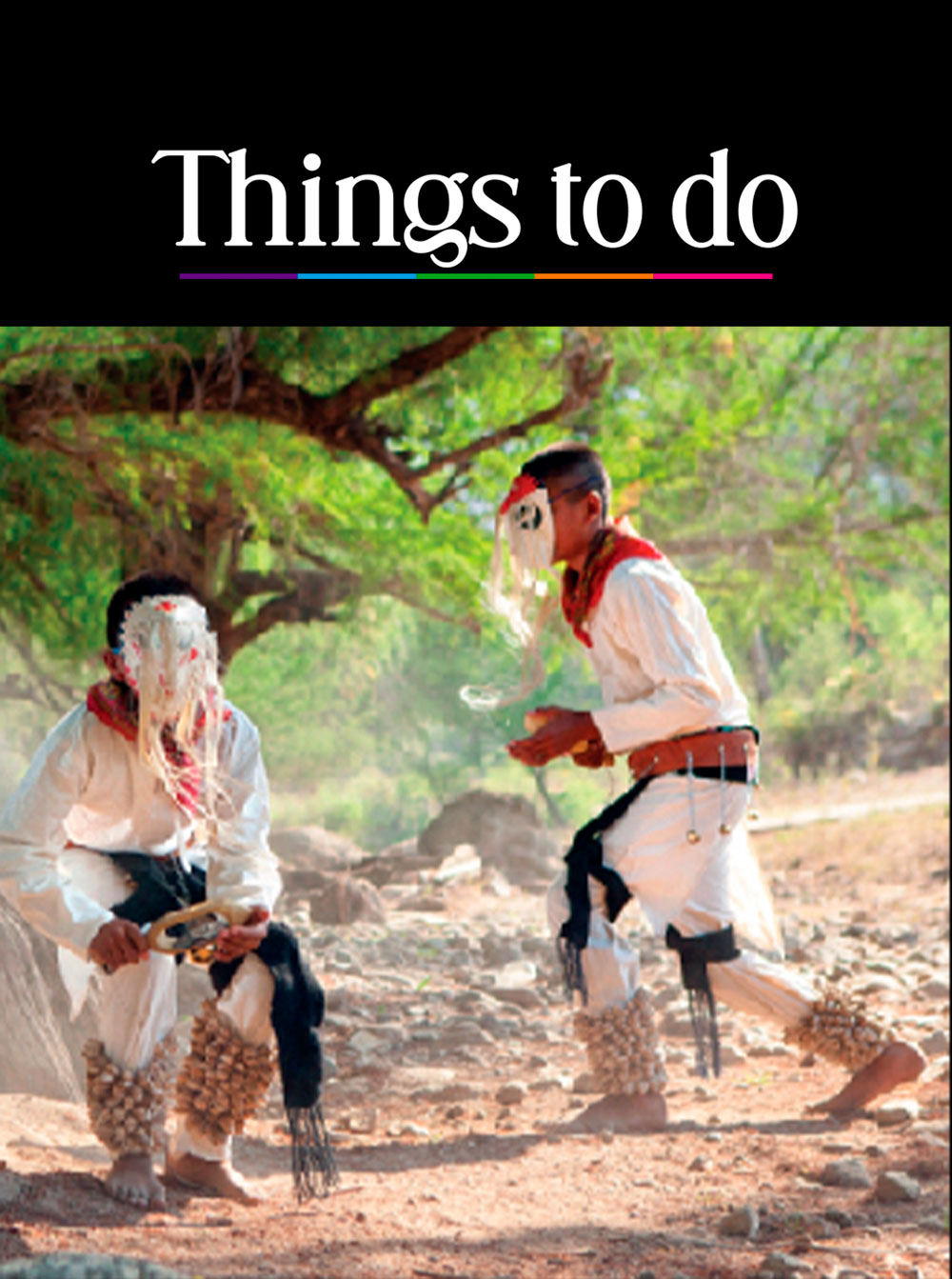
❖ Admire Traditional Dances in Tehueco
This is one of the region’s seven ceremonial centers. During Holy Week, admire the dances, attire, masks, and musical instruments.
Tehueco is one of the seven ceremonial centers found in the region. The Fuerte river will guide you here. You can visit the ceremonial center, the old Jesuit mission, the Iglesia de Dolores church, and the Museo Comunitario Miguel Ángel Morales Ibarra. This museum displays items relating to ceremonial traditions. If you visit during Holy Week, you can marvel at the dances, dress, masks, and musical instruments.

❖ See Petroglyphs in Cerro de la Máscara
This archeological site represents one of the most important places in the history of the north of Mexico.
Here, there are around 300 petroglyphs and several mounds divided into 15 complexes. It is known that it was a ceremonial center for its ancient inhabitants, and it is between 800 and 2,500 years old.
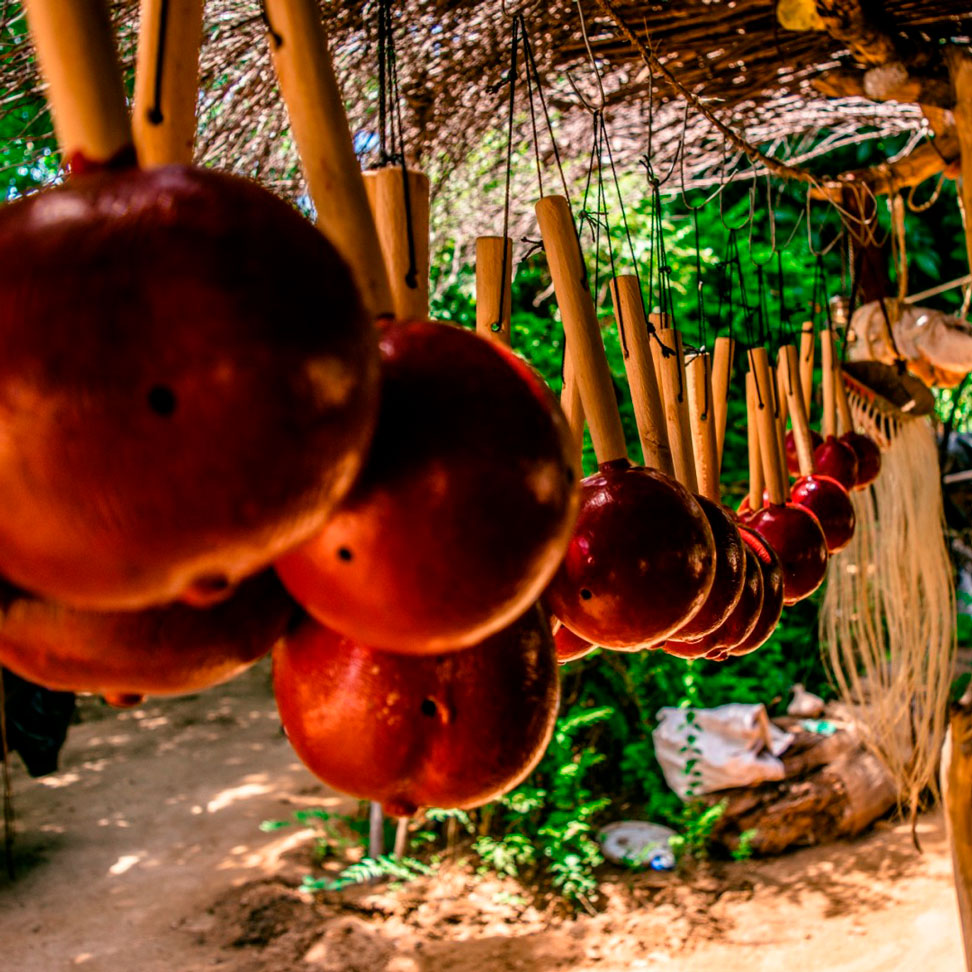
❖ Shop for Yoreme Handicrafts
You will find one-of-a-kind handmade pieces along this Magical Town’s downtown streets.
Take home handcrafted treasures such as a pillow or tortilla holder embroidered by hand by Yoreme people, or traditional three-strap sandals, wool belts woven on waist looms, pots, woven reed mats, baskets, harps, and violins. You can find all of this in Artesanías El Rincón del Fuerte and Artesanías Mexicanas or in Tehueco. You will love the masks representing Jewish people in Holy Week celebrations, made with wild boar leather and wood.
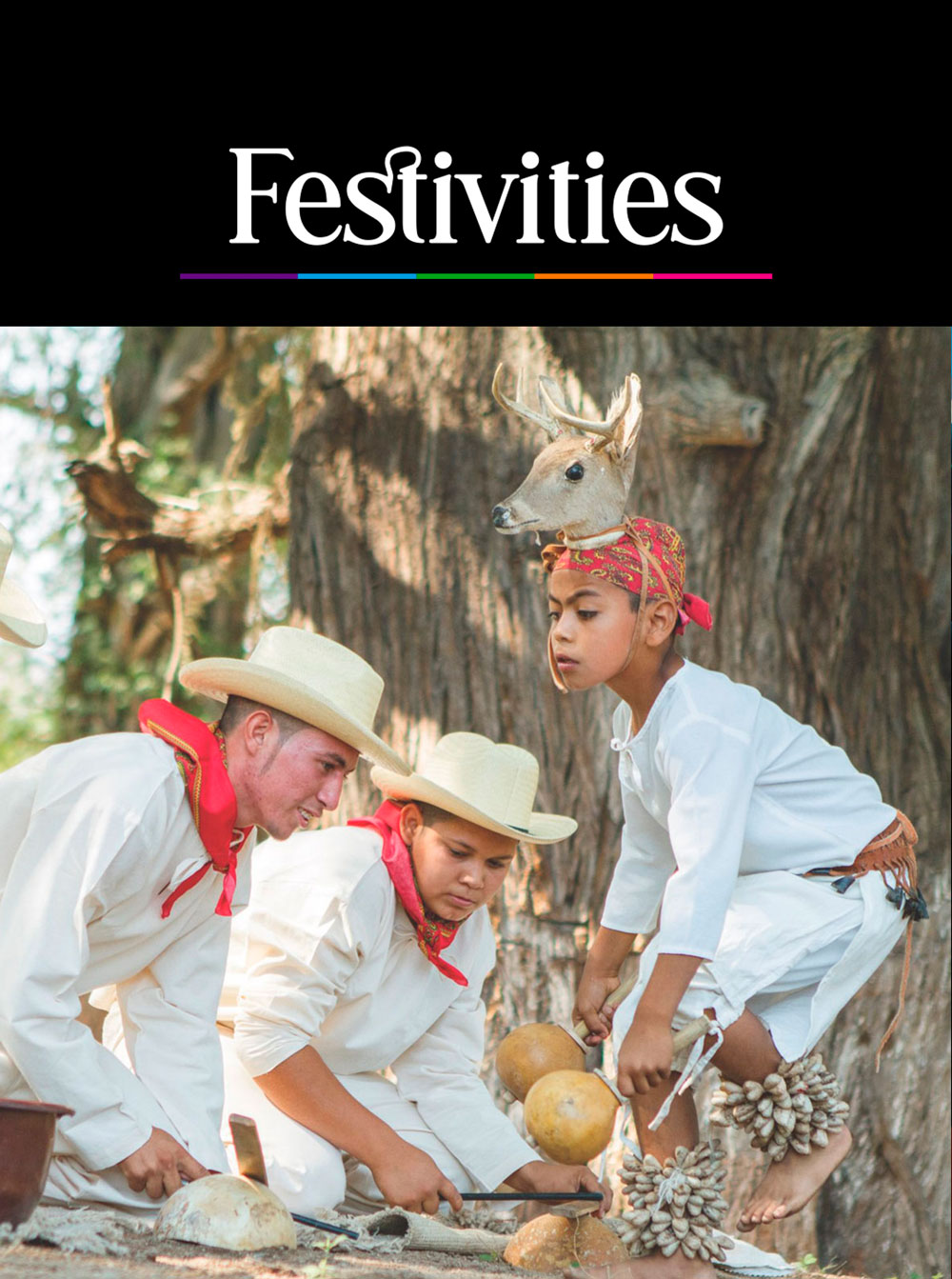
❖ San Juan Carapoa Festival
This traditional celebration is held every June and is organized by El Fuerte’s Yoreme community.
Festivities include singing, dancing, praying, and a procession along the banks of El Fuerte river to “bathe” the patron saint.
